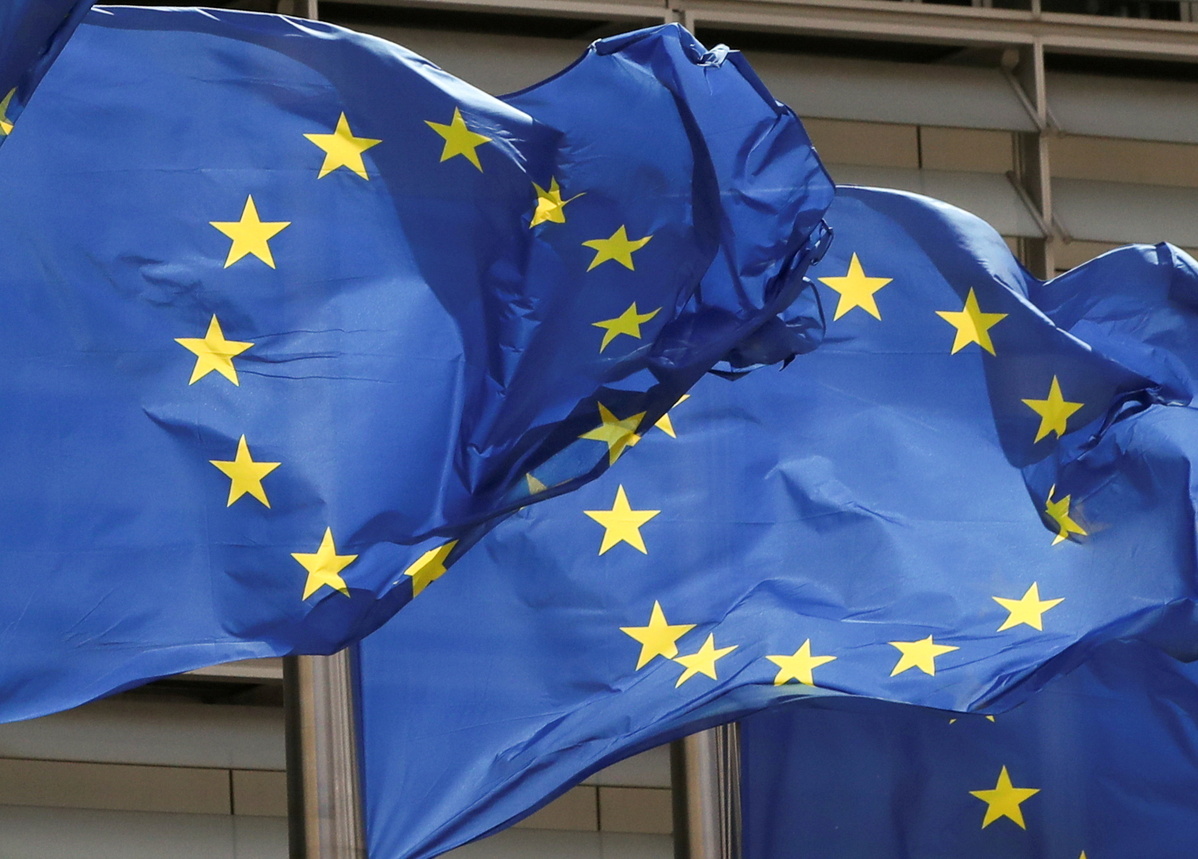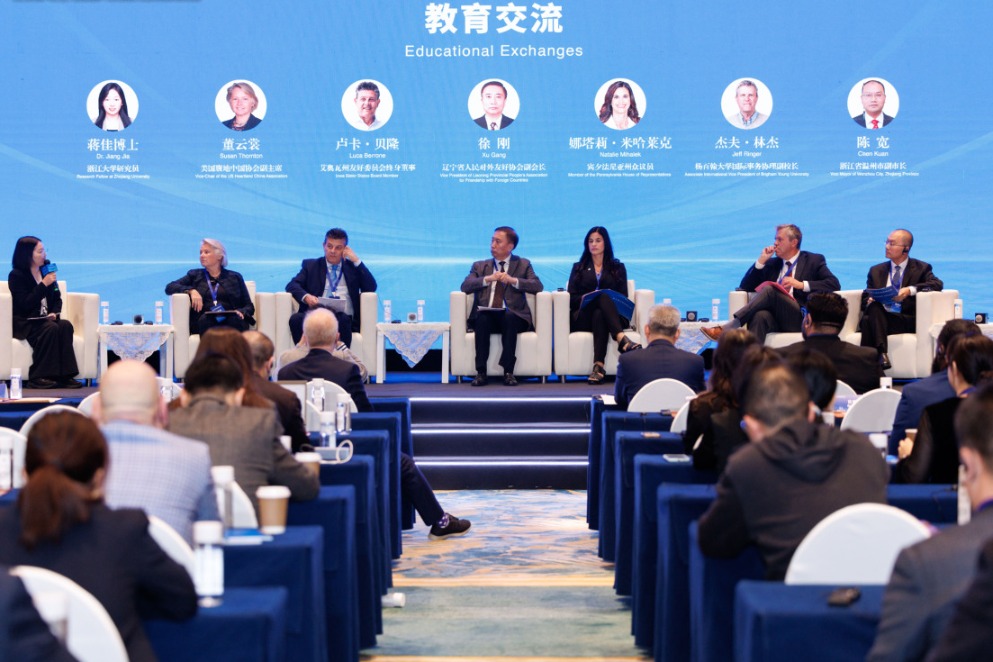EU should eye harmonious partnership with Beijing


The United States' recent policies have tested European resolve, as extraterritorial sanctions compel European companies to choose between American markets and lawful trade partners.
Meanwhile, Europe now sources over 55 percent of its liquefied natural gas from the US, at higher cost and with greater carbon intensity than Russian pipeline gas.
Defense spending demands — such as the US' call for NATO allies to increase military spending to 5 percent of their GDP — risk causing Europe to become indebted to American suppliers without enhancing genuine security.
These pressures limit Europe's strategic autonomy. Continued subordination locks it into policies driven by US priorities rather than European interests. Europe must therefore cultivate partnerships that respect its sovereignty and address challenges on equal terms.
China's approach diverges sharply. It is based on the historic Five Principles of Peaceful Coexistence: mutual respect for sovereignty and territorial integrity, mutual nonaggression, noninterference in each other's internal affairs, equality and mutual benefit, and peaceful coexistence — principles that have guided Chinese diplomacy for over seven decades.
As the European Union and China celebrate 50 years of diplomatic relations, at least five major areas of crucial importance objectively present opportunities for strong and concrete partnership between Europe and China: climate, trade, the digital economy, space exploration and robotics.
Europe and China jointly uphold the Paris Agreement on climate change, while US engagement has fluctuated with electoral cycles. China leads global renewables manufacturing — solar panels, wind turbines and electric vehicles — offering Europe affordable green technologies that can accelerate decarbonization. Europe contributes expertise in grid integration, carbon markets and circular-economy solutions. This is the ground for a win-win partnership.
Bilateral trade reached $783 billion in 2023, with cross-investment exceeding $250 billion. The China-Europe Railway Express has completed over 110,000 journeys linking 229 cities, enhancing supply-chain resilience. Furthermore, the EU-China Geographical Indications Agreement protects premium products on both sides, promoting fair competition, while a revived comprehensive agreement on mutual investment would secure reciprocal market access and transparent subsidy rules.
The EU's Artificial Intelligence Act and China's algorithmic regulations offer a basis for regulatory alignment, preventing fragmentation while setting high global standards. China excels in data-driven applications and rapid deployment, and Europe leads in ethical safeguards and privacy protections. Extending the 2015 5G cooperation model — a joint commitment to open standards — to AI cooperation could simultaneously preserve European digital sovereignty and provide access to Chinese innovation.
China's Chang'e lunar missions have hosted instruments from France, Germany, Italy, Sweden and the Netherlands, with returned samples shared for international research. The planned International Lunar Research Station has drawn more than 10 partner countries, exemplifying peaceful scientific collaboration. Expanding joint lunar, Mars and planetary-defense projects would leverage complementary capabilities and reinforce Europe's space ambitions.
China installed 290,000 new industrial robots in 2024 — nearly twice the combined total of the EU, the US and Japan — reflecting unmatched manufacturing scale. European companies excel in collaborative robotics, safety standards and integration into advanced production lines. Joint research, shared standards and co-development initiatives in sectors such as elderly care and precision manufacturing would cultivate win-win outcomes and strengthen global competitiveness.
Europe need not choose between subordination to the US and isolation. Strategic autonomy demands cultivating partnerships that advance European interests. China's diplomatic philosophy offers a framework for equal-footed cooperation.
Therefore, by putting an end to its submission to the US, and by embracing deeper partnership with China on climate action, trade, digital governance, space and robotics, Europe can reclaim agency.
Such a Euro-Chinese partnership would secure Europe's prosperity and influence in the multipolar century ahead.
The author is a French political scientist and professor of international relations at CentraleSupelec in France.
The views do not necessarily reflect those of China Daily.

































